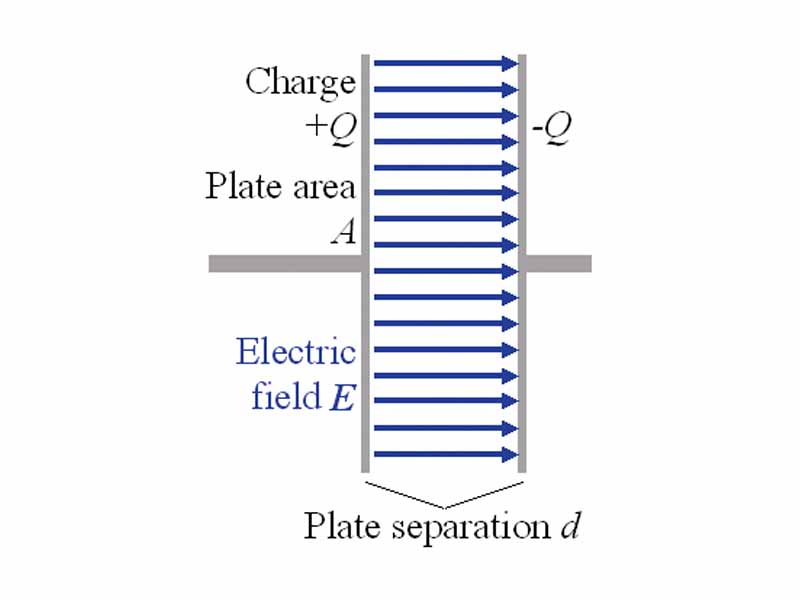Interdisciplinary Note (5 of 20)
Although we use the idea of the contact force in problem solving, if you look closely enough every force, you will see it is an action-at-a-distance force. There are only a few fundamental forces discovered so far in the universe, gravitation, electromagnetism, and a couple of forces at the nuclear level. The comparison and contrast of electromagnetic and gravitational force is a major theme for us. As the course progresses, we will also begin to mention the flip-side of electrostatic force, the magnetic force. At this stage, though, when we mention magnetism, this is mainly to create an expectation, or a sense, of its importance. For now, let us focus on gravitation versus electricity.
As with gravitation, an electrostatic system might produce an environment where the force on a particle is the same everywhere, or, conversely, the force might change at different points within the system. A commonly discussed constant force environment for electrostatic force exists in the space between the plates of a parallel plate capacitor. This is a frequent MCAT motif.
Between the plates of the capacitor, charged particles move similarly to projectile motion. Start looking for these constant field systems in your problem solving and practice MCATs and start thinking about it: gravity on the earth's surface and the electric field between parallel plates.
This is something we will often do in these discussions, preview later material in the context of a current concepts. Here, in mechanics, our topic of focus is Newton's laws, which governs how a force interaction affects the motion of a particle. An important context for Newton's laws problem solving are these constant force scenarios, such as an object experiencing free fall under gravitation or a particle within a uniform electric field.
